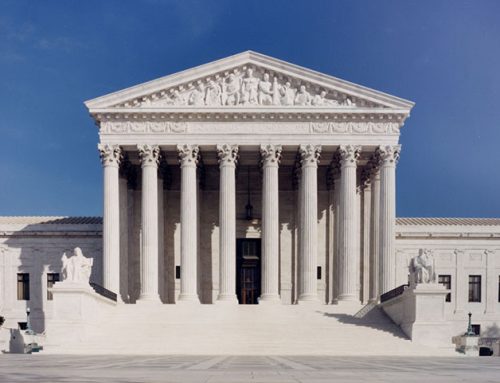A Leap Forward: The Psychedelic Revolution in Mainstream Medicine
LOS ANGELES– Psychedelic-assisted therapy, though still viewed with skepticism by some segments of society, has taken a significant step towards mainstream medical acceptance. The American Medical Association (AMA), a key player in the U.S. healthcare system, has recently announced its intention to develop a set of Current Procedural Terminology (CPT) codes for this emerging field of therapy. This landmark announcement followed a joint application by Compass Pathways and the Multidisciplinary Association for Psychedelic Studies (MAPS).
The journey of psychedelics from counterculture to clinical therapy has been nothing short of a rollercoaster ride. Despite positive media coverage and growing public acceptance, bureaucratic hurdles remain, often hindering rapid advancements in the field. However, the advent of AMA-endorsed CPT codes for psychedelic-assisted therapy is an unequivocal endorsement of the potential of these therapies and their importance in future medicine.
The AMA, a significant influencer in the medical community, plays a pivotal role in shaping medical practices and terminology. The association’s Journal is a key source of information on best practices, ethics, and new medical discoveries for healthcare providers. Thus, the AMA’s influence on acceptance and integration of psychedelic therapies into the mainstream cannot be understated.
The introduction of CPT codes for psychedelic-assisted therapy is a significant step forward in the institutional recognition of this emerging field. These codes provide a standardized language for coding medical services and procedures, which is crucial for streamlining reporting and increasing accuracy and efficiency. They are also vital for insurance claims and data collection, giving psychedelic medicine a much-needed foundation for integration into the existing healthcare system.
These developments come in anticipation of the possible FDA approval of MDMA and psilocybin for therapeutic use. However, even with this approval, challenges remain. Among the most significant is the cost of treatment. Without insurance coverage, psychedelic therapies remain out of reach for many potential patients. The new CPT codes could open the door to insurance reimbursement, making these treatments accessible to a larger population.
This critical announcement by the AMA arrives as MAPS and Compass Pathways are poised to commercialize their respective drugs—MDMA and synthetic psilocybin. MAPS has been particularly instrumental in bringing psychedelic treatment to market. The proposed CPT codes are expected to be finalized by January 1, 2024, coinciding with the predicted FDA approval of MDMA for treating PTSD.
Despite these promising advancements, the path towards full-scale commercialization of psychedelic medicine isn’t without obstacles. Issues such as a shortage of trained therapists and appropriate treatment spaces remain to be tackled. However, the endorsement from the AMA and the potential for insurance coverage are essential building blocks for the industry.
While the journey of psychedelic medicine has been marked by highs and lows, this latest development underscores the shifting attitude of the medical establishment towards psychedelics. The bureaucracy, which once seemed an insurmountable roadblock, is now showing signs of evolving to accommodate the potential of psychedelic-assisted therapies.
The increasing support for psychedelic treatment from influential institutions in the U.S. and other countries is an encouraging sign for the future of this industry. With the integration of new drugs and protocols into the existing medical infrastructure, the future of psychedelic medicine appears brighter than ever.



































